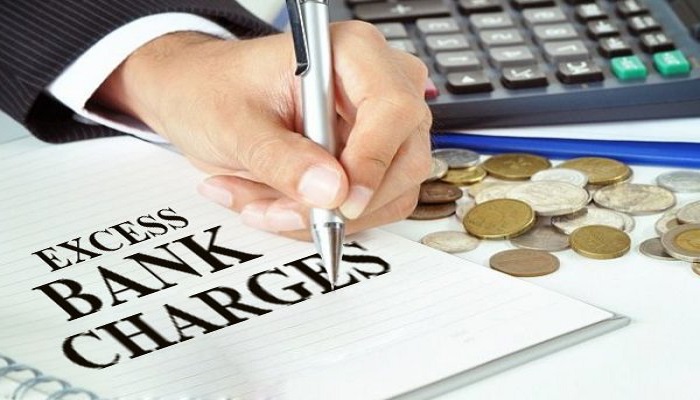[Tweet “The Central Bank of Nigeria (CBN) had finally intervened and cleared the air on how people can deal with excess bank charges in Nigeria.“]
Excess bank charges in Nigeria, according to Leadership, can be described as illegal charges that financial banks fraudulently deduct from customers’ deposits.
In 2021, the CBN claimed to have recovered over N89 billion from banks caught in the act.
READ ALSO: What to Consider Before Choosing A Bank.
Meanwhile, the CBN in most of its annual economic reports had claimed that most of the complaints received by various customers across the country were “excess bank charges” related.
This actually implies that financial banks indulge in excess bank charges in Nigeria to generate revenues which is illegal as far as financial regulation is concerned.
In the video below, some of the recent bank charges that the CBN itself brought into the mainstream of the Nigerian banking system without giving the people an option.
These include:
- The maintenance fee for Naira-denominated debit cards in the country;
- Maintenance fee on Naira-denominated debit cards whether used or not;
- Charge after 3rd withdrawal in a month using another bank’s ATM machine;
- Maintenance fee per annum on foreign currency-denominated debit cards;
- Charge on every cheque leaflet obtained and used; and so on.
That actually means, that no financial banks had the power to charge excessively on transactions made by customers without the support of the apex bank.
Otherwise, why is the problem of excess bank charges in the country becoming perennial?
Probably, the CBN is romancing the fraudulent banks or has no power it claims.
If the banks that were caught in the act were severely penalized, by now we shouldn’t be talking about the problem again.
How To Lodge Complaints Related To Excess Bank Charges In Nigeria
The CBN released a statement on its Twitter handle on Friday while educating Nigerians on how to deal with excess bank charges in the country.
It was noted that bank customers can reach the CBN to petition any money deposit bank that defies its financial regulations.
According to the statement, customers have the privilege to report to the CBN what is happening between them and their banks but most didn’t know how to go about this.
There are procedures for reporting a financial bank to the apex bank. Meanwhile, no complaint would be treated without following due process.
The Apex bank, however, said whenever a customer lodges a complaint on excess bank charges in Nigeria, the bank has a maximum of 30 days to resolve the problem.
But if nothing satisfactory is done within that period, the customer can take the next step which is reporting the bank to the CBN.
If you make a complaint to your bank on Excess Charges, allow 30 days for resolution, after which you can contact the CBN by sending an email to cpd@cbn.gov.ng, contactcbn@cbn.gov.ng or call +234 7002255226
The statement read:
If you make a complaint to your bank, insist on getting the consumer complaint management system tracking number from your bank after lodging a complaint to enable the Central Bank of Nigeria (CBN) to do a follow-up.
It added:
If you make a complaint to your bank on excess charges, allow 30 days for resolution, after which you can contact the CBN by sending an email to cpd@cbn.gov.ng, contactcbn@cbn.gov.ng, or call +2347002255226.
Customers can also report issues related to ATM cards and fund transfers if banks fail to resolve the issue within 72 hours.
The statement said:
If you make a complaint to your bank on account management issues, allow 14 days for resolution, after which you can contact the CBN.
Conclusion
With this approach, the CBN wanted the customers to believe that excess bank charges in Nigeria would be reduced.
But technically, this can only help the customer to recover their money. It wasn’t the approach to stop or reduce the menace as the CBN wanted the customers to believe in its intervention.


